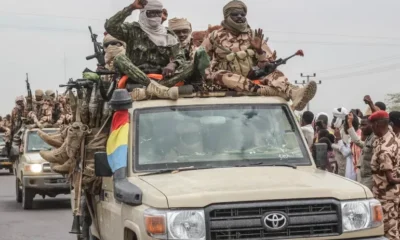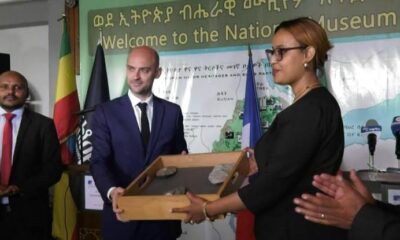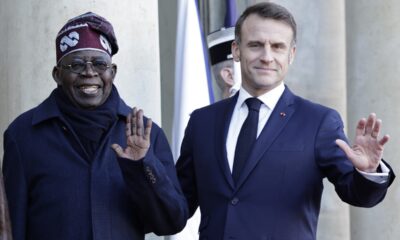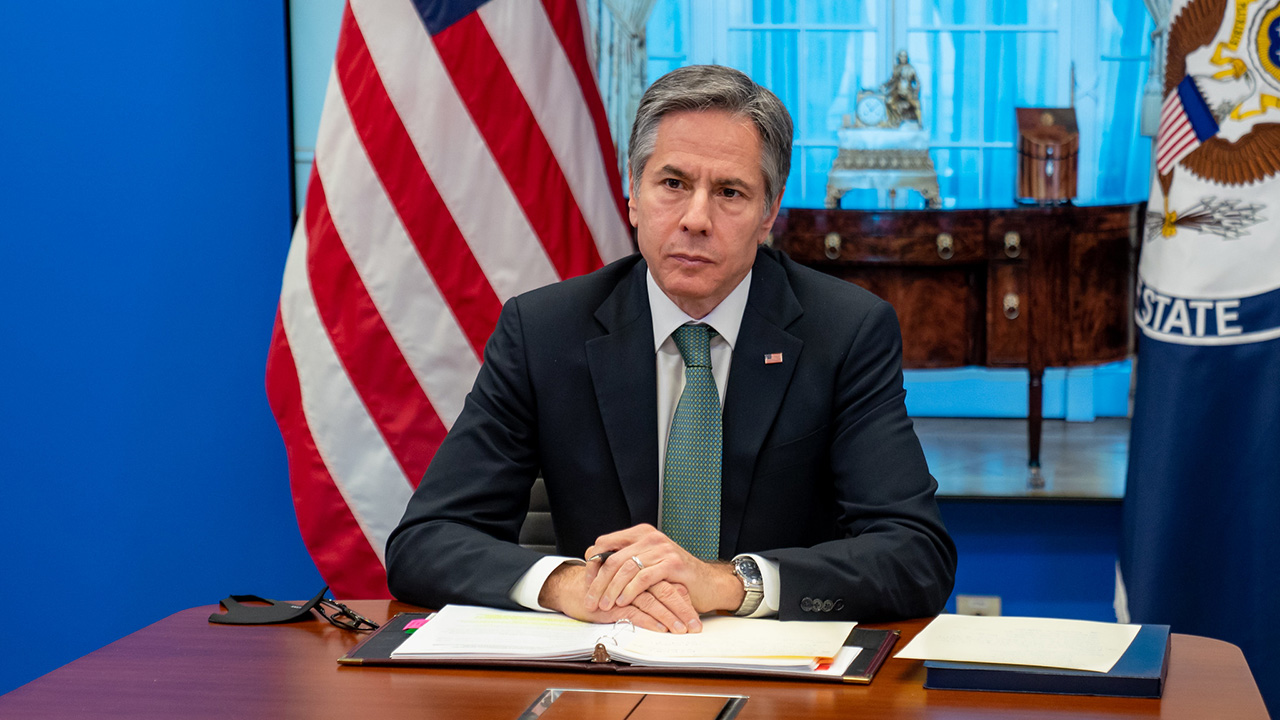Following France’s announcement to end its anti-jihadist Barkhane force in the Sahel, there have been mixed reactions trailing the announcement in Niger.
The head of a pan-African NGO in Niger, Seydou Abdoulaye, has welcomed the French’s departure noting that Operation Barkhane “is a force that is at the root of the advent of terrorism in the Sahel… it cannot be a solution”
“We have said in black and white that we do not need the presence of the French Barkhane force in Niger. Because it is a force that is at the root of terrorism in the Sahel, it is at the root of the problem, it cannot be a solution and responsible for the problem,” he added.
Civil societies are not left out in the trail of reactions as coordinator of the NGO Tournons la Page, Maïkoul Zodi, argued that “it’s still the same soldiers who are there, it’s the same bases that will be there, we do not want these bases because until now we have not had convincing results. We wonder why they insist on staying in the Sahel.”
“They (Barkhane soldiers -ed) can be transferred to the Takuba Task Force, they can be… Having a new name, a new operation in the Sahel, so it doesn’t change anything” says Zodi stressed.
There have been recent anti-French protests in some African countries. The government in Gabon was forced to stop planned protests in May. There were also pockets of “anti-French” protests in South Africa in the same month.
One of France’s African allies, Mali under the current military junta of Colonel Goita has also severed diplomatic relations with France which has been helpful with military support in the fight against terrorism.
Perhaps, its growing unpopularity in the region accounts for a new ‘roadmap’ on the African continent which French President Emmanuel Macron hinted at on Tuesday.
What would be France’s new position in Africa? Can African countries really afford to bound France to Philistine as it is currently one of its biggest aid donors? Time will tell. Perhaps in six months Macron hinted.
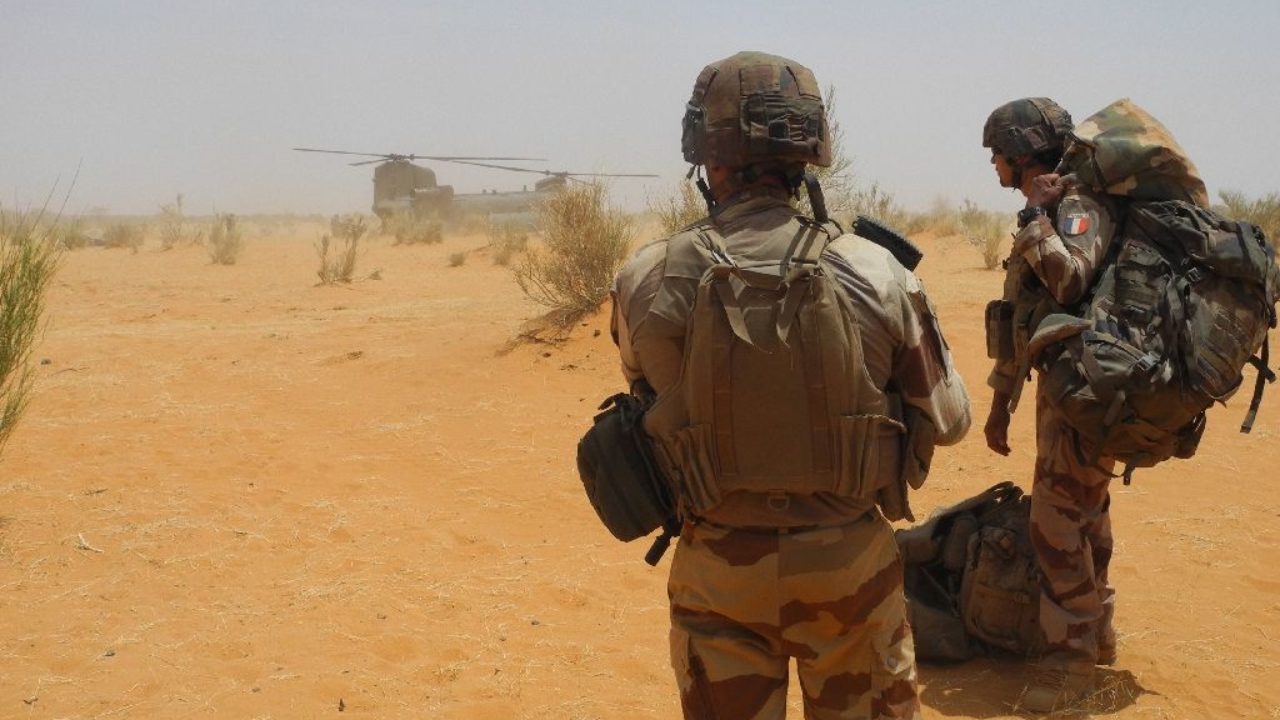

 VenturesNow1 day ago
VenturesNow1 day ago
 Musings From Abroad1 day ago
Musings From Abroad1 day ago
 Metro2 days ago
Metro2 days ago
 Metro12 hours ago
Metro12 hours ago



